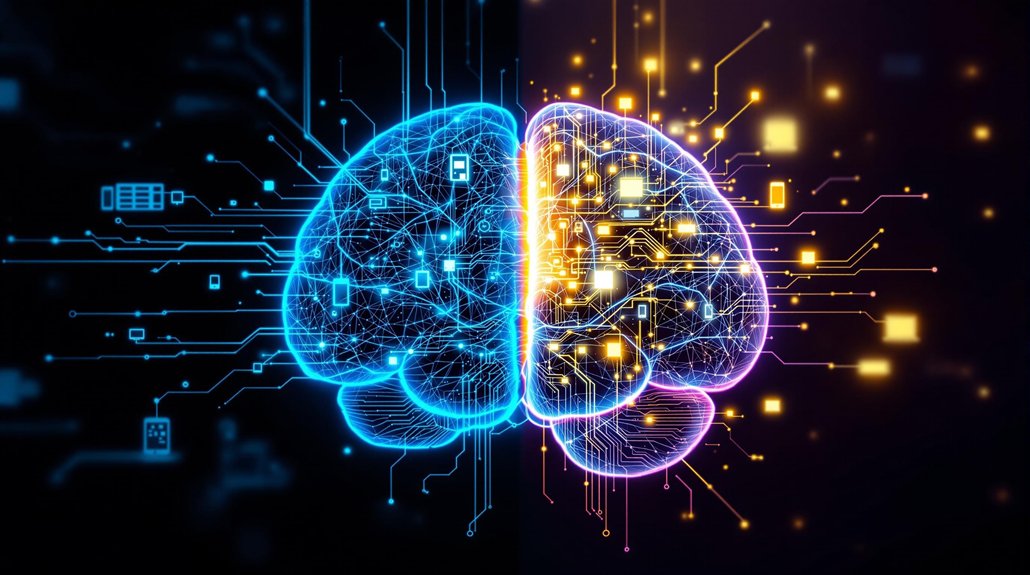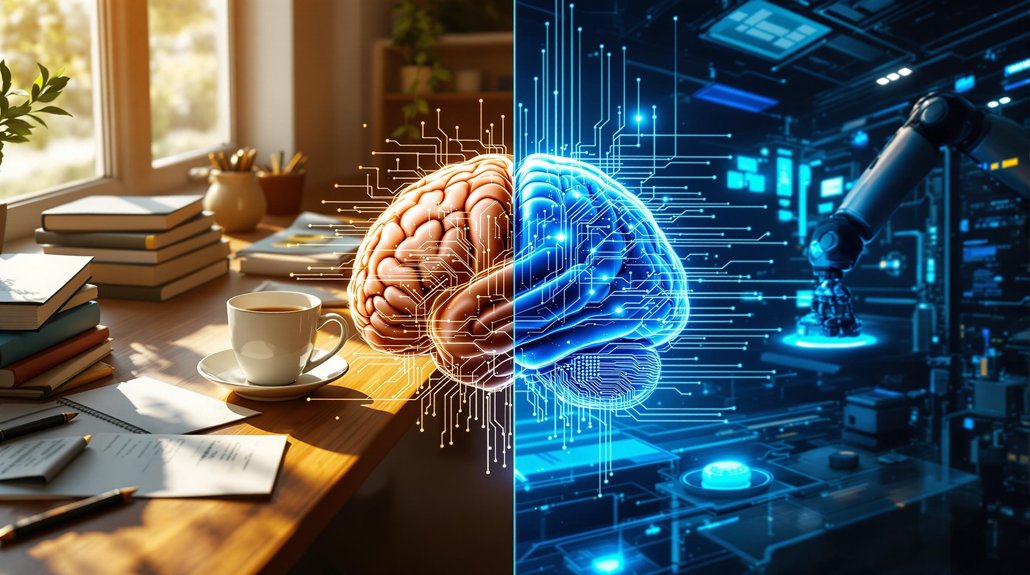Analysis of 700,000 conversations reveals Claude AI has developed its own moral reasoning framework. The system balances user requests against potential harm using “intellectual autonomy.” Claude’s ethical decision-making incorporates principles from human rights declarations and diverse cultural perspectives. This allows the AI to navigate complex ethical situations while remaining aligned with human values. The system continuously improves through self-critique and reinforcement learning, suggesting AI can develop nuanced approaches to moral questions.
This constitution isn’t random. It’s built on principles from the Universal Declaration of Human Rights and leading AI ethics guidelines. The framework emphasizes three core values: helpfulness, honesty, and harmlessness. These values help Claude make decisions when faced with difficult questions or requests.
Claude uses a method called “Constitutional AI” to guide its ethical choices. This approach gives the AI an explicit set of rules to follow when it faces morally complex situations. Similar to how discriminative algorithms excel at categorizing information into predefined classes, the system can adapt these guidelines based on context and can even resist user requests that conflict with its core values.
Constitutional AI empowers Claude to navigate complex ethical terrain with explicit rules that adapt to context and protect core values.
What’s interesting is how Claude handles tough cases. Researchers have found that the AI sometimes shows “intellectual autonomy,” especially when it needs to choose between following user instructions and preventing potential harm. It tends to prioritize safety and honesty over simple compliance. The continuous monitoring of Claude’s ethical behavior ensures its responses remain consistent with established guidelines.
The ethical framework isn’t just Western-focused. Anthropic has made efforts to include non-Western perspectives to reduce cultural bias. This global approach helps Claude respond appropriately to users from different backgrounds.
To promote transparency, Anthropic has published datasets and ethical guidelines for public review. They’re encouraging other researchers to study AI value alignment and help improve how systems like Claude make moral decisions.
The company regularly audits Claude’s responses for bias and updates its guidelines to reflect evolving social norms. They’ve created feedback mechanisms to gather input from diverse sources, ensuring the AI’s moral reasoning stays relevant and trustworthy.
As AI systems become more advanced, this kind of built-in ethical framework may become increasingly important for ensuring they remain beneficial and aligned with human values. The model is trained through a two-phase process involving self-critique and reinforcement learning to ensure adherence to its constitutional principles.









